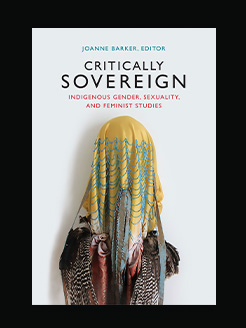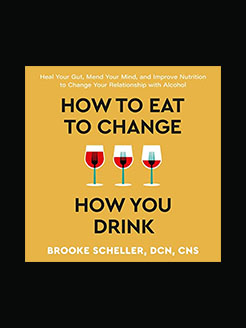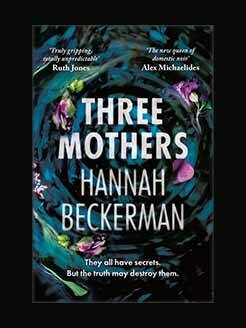Published in 2020
288 pages
Dr Pragya Agarwal was a senior academic in top UK and US universities for more than 15 years after completing a PhD at the University of Nottingham. She now works as a freelance writer and social and creative entrepreneur. She was listed as one of the top 100 most influential women in social enterprise in the UK on WISE100.
Pragya writes regularly about bias, diversity and inclusivity for a range of mainstream media outlets, including Forbes, Huffington Post, the Guardian, the Telegraph, the Independent, and many others. She has also been an invited guest on several international podcasts, BBC Breakfast, Radio 5 Live, BBC Merseyside and BBC Radio 4.
What is this book about?
Uncovers the science behind our “unintentional” biases using real world stories underpinned by scientific theories and research.
Experiments have shown that our brains categorize people by race in less than one-tenth of a second, about 50 milliseconds before determining sex. This means that we are labeling people by race and associating certain characteristics to them without even hearing them speak or getting to know them. This subtle cognitive process starts in the amygdala, the area of the brain associated with strong emotions.
Does this mean that unconscious biases are hardwired into our brains as an evolutionary response, or do they emerge from assimilating information that we see around us? In Sway, author Pragya Agarwal uncovers the science behind our “unintentional” biases. Using real world stories underpinned by scientific theories and research, this book unravels the way our unconscious biases are affecting the way we communicate, make decisions and perceive the world. A wide range of implicit biases are covered, including left-handedness, age-ism, sexism and aversive racism, and by using research and theories from a wide range of disciplines, including social science, psychology, biology and neuroscience, readers learn how these biases manifest and whether there is anything we can do about them. Beginning with an introduction to what unconscious bias actually is, each chapter answers questions such as:
-Do our roots for prejudice lie in our evolutionary past?
-What happens in our brains when our biases are activated?
-How has bias affected technology?
-Can we ever completely get rid of unconscious bias?
At a time when race politics, the gender pay gap and diversity and inclusivity in the workplace are dominating our conversations, understanding how unconscious bias functions within all of us is more important than ever. The book encourages readers to think, understand and evaluate their own biases in a scientific and non-judgmental way.







